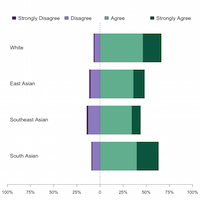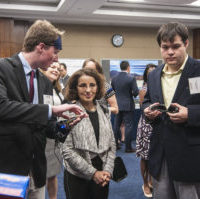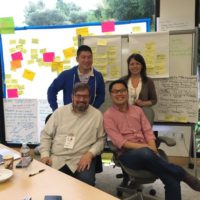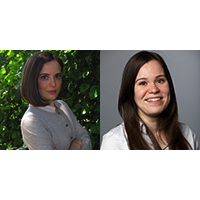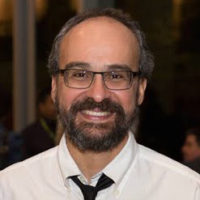Public Workshop on the Growth of Computer Science Undergraduate Enrollments
On Monday, August 15, the National Academies of Sciences, Engineering, and Medicine will hold a public Workshop on the Growth of Computer Science Undergraduate Enrollments.
This workshop is being convened as an information-gathering session of the Academies’ Study on the Growth of Computer Science Undergraduate Enrollments sponsored by the National Science Foundation and co-chaired by Susanne Hambrusch, professor of computer science at Purdue University and CRA Board Vice-Chair, and Jared Cohon, president emeritus of Carnegie Mellon University.




